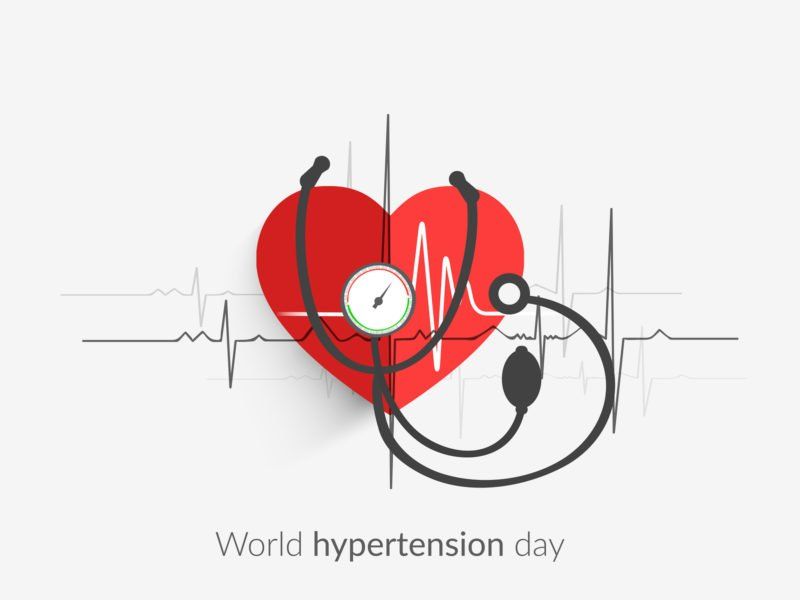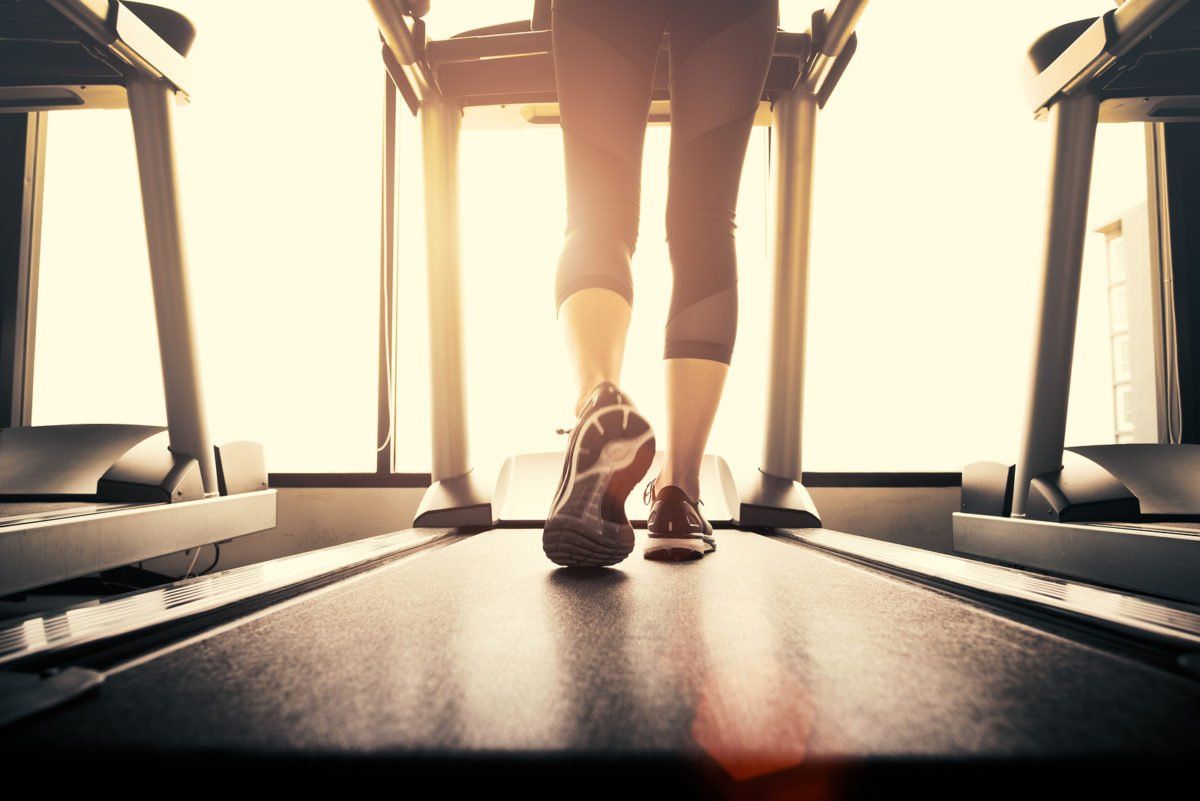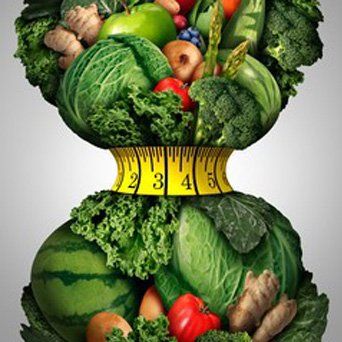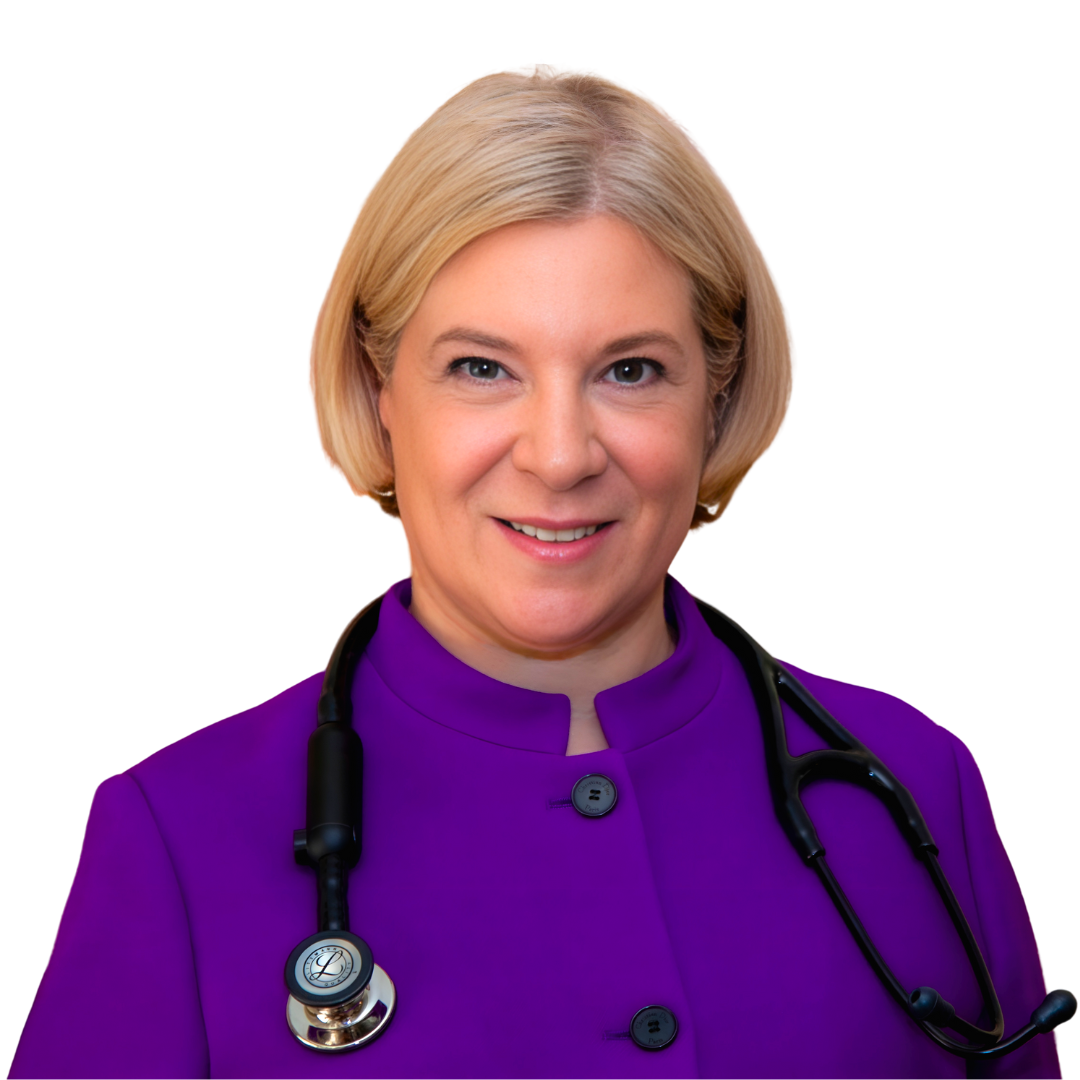World Hypertension Day
What to Make of the New Blood Pressure Guidelines
Did you recently hear on the news that your previously “normal” blood pressure is now considered “high” and recommended new medical interventions? If so, you may want to hold off until you discuss this with your physician further, says a new report in JAMA Internal Medicine.
According to the University of Sydney and Bond University, getting more aggressive with your treatment could have unintended consequences. By lowering the threshold for drug treatment of adults considered at risk of extreme high blood pressure from 140/80 mmHg to 130/80, patients are at greater risk for medication side effects and feelings of anxiety and depression due to worry about the diagnosis. There’s also the concern that if there’s a switch in health insurance you could suddenly find yourself with a pre-existing condition.
There are other good reasons to not get more aggressive about treatment—the report says that as many as 80 percent of people who get medication receive no increased benefit against cardiovascular disease. How to know if you’re in the other 20 percent? Check with your doctor. Your health history is necessary to determine whether going on medication will be beneficial.

In the meantime, everyone can take proactive steps to improve their blood pressure. Here are a few ideas:
- Drop the weight. There’s a reason doctors mention this frequently—you can reduce your blood pressure by about 1 millimeter of mercury (mmHG) with each kilogram (2.2 pounds) you lose.
- Watch your waistline. Carrying extra pounds around your waist can increase the risk of high blood pressure. For men, that means a waist of 40 inches or more; for women, 35 inches and over.
- Check your snoring. For some people, snoring and waking up suddenly during the night can be signs of sleep apnea. Disrupted breathing from sleep apnea can raise your blood pressure, so it’s a good idea to get this checked out. Fortunately, losing weight can markedly improve sleep apnea.
- Get moving. You know the drill; 30 minutes of exercise a day can improve your blood pressure. You can even break it up—new studies say that three, 10-minute bouts of exercise are also valuable. And strength training counts and is good for your bone health as well.
- Shop the produce section. Increasing your consumption of fruit and vegetables, especially those rich in potassium, can help your blood pressure. And don’t forget the Dietary Approaches to Stop Hypertension (DASH) diet if you’d like more help.
- Cut the salt. Even a small reduction in your sodium intake can make a big difference in your blood pressure, especially if you’re salt sensitive. For more on this, take a look at my earlier column on reducing sodium.
- Happy Half-Hour? While one drink a day for women and two for men can help your blood pressure, more than that can raise it and make your medications less effective.
- Quit smoking. Your blood pressure increases for every minute you smoke. So get some help and quit.
- Dr. Nieca’s tip: A doctor who knows you and your health history will be the best judge as to whether you need to go on medication for your blood pressure. In the meantime, the tips above are a great way to keep your readings in the safety zone.










